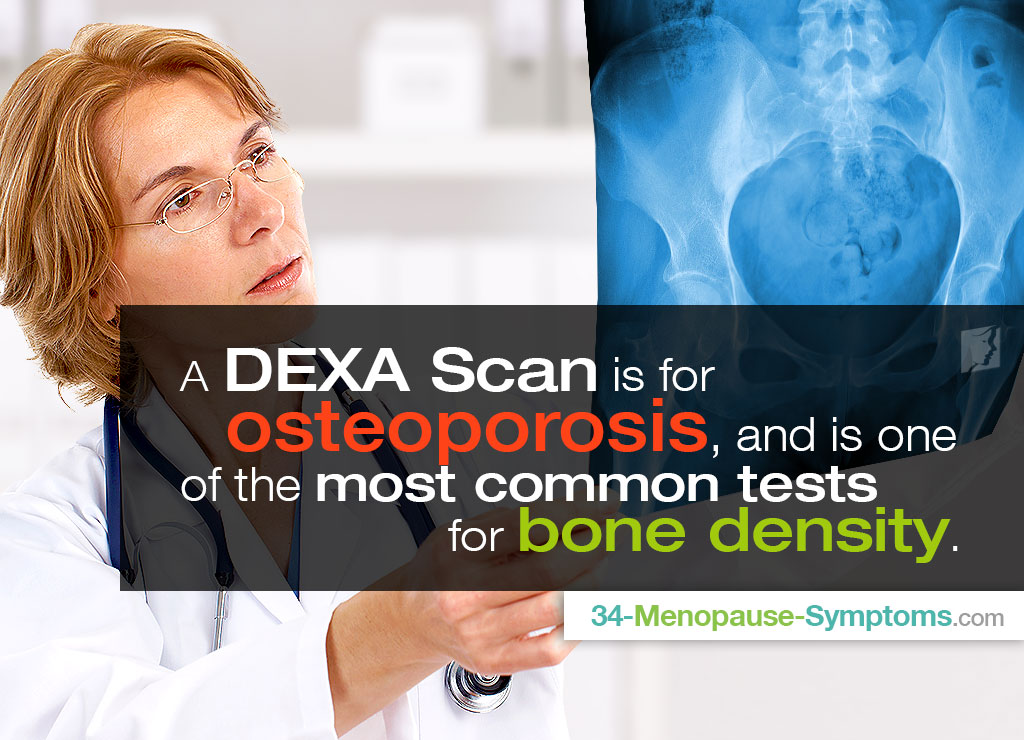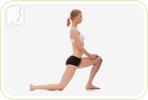Osteoporosis, a lack of bone density, is an incredibly common condition among older adults. It can extremely helpful to diagnose the condition in the early stages, before bones begin breaking due to weakness, but this can only be done using specific tests. For instance, the DEXA bone scan is one of the best ways to discover if you're experiencing bone loss. Keep reading to learn more.
About DEXA Scan
DEXA stands for “dual-energy x-ray absorptiometry”. It is a test that uses x-rays, but at such a low dose that it actually exposes you to less radiation than a chest x-ray. There are two types of DEXA scans: a central DEXA - a larger machine used to scan the spine, hips, and other central bones - and a peripheral DEXA - a smaller machine that can measure bone density in extremities.
Dexa Scan for Osteoporosis
A DEXA scan is for osteoporosis, and is one of the most common tests for bone density. It can test for the amount of calcium and other minerals in the bone.
This is useful both to diagnose osteoporosis and to help treatment. It can also help to determine how well any osteoporosis treatments are working, and decide whether to alter a treatment or even whether a new plan needs to be made.
What to Expect with a DEXA Scan
A DEXA scan is painless, so there is no need to be worried. The machine will expose your body to low-level x-rays, and these will enable a doctor to understand from the DEXA scan results how much bone density may have been lost.
Who Needs a DEXA Scan
The people at the highest risk of osteoporosis, and therefore the most likely to need a DEXA scan, are women over age 65 and men over age 70. This is because osteoporosis develops most often with age, due to the rate of bone resorption in the body, which increases as we age.
However, other factors can put younger people at more risk, as well as heighten the likelihood and potential severity of osteoporosis in older adults. These risk factors include:
- A history of hormone treatment for hormone-sensitive cancers
- A habit of drinking three or more drinks of alcohol per day
- A hormonal imbalance, such as during menopause
- Long-term corticosteroid use
- A history of anorexia
- Rheumatoid arthritis
- A habit of smoking
If you think your bones might be weakening and losing density, it may be a good idea to talk to a doctor about a DEXA scan for osteoporosis. To learn more about osteoporosis treatment, read about these medications for osteoporosis.
Sources
- Medline Plus. (2015). Bone mineral density test. Retrieved May 25, 2017 from https://medlineplus.gov/ency/article/007197.htm
- Mayo Clinic. (2014). Bone Density Test. Retrieved May 25, 2017 from http://www.mayoclinic.org/tests-procedures/bone-density-test/basics/why-its-done/prc-20020254
- National Health Service. (2016). DEXA (DXA) Scan. Retrieved May 25, 2017 from http://www.nhs.uk/conditions/DEXA-scan/Pages/Introduction.aspx




